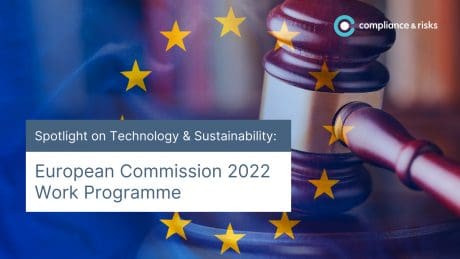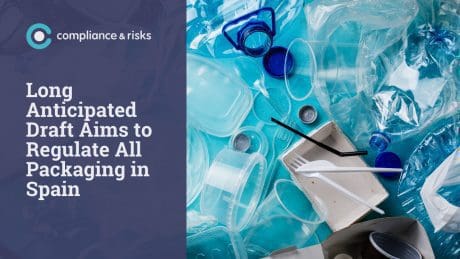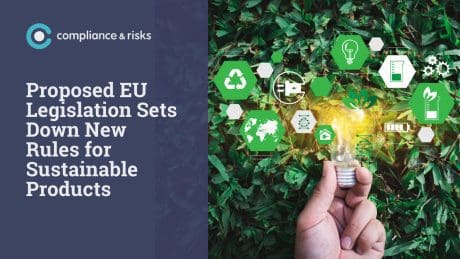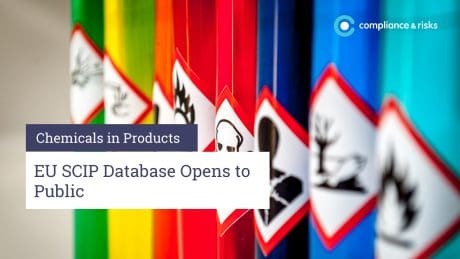
Electronics Makers at Risk with e-Waste Exports
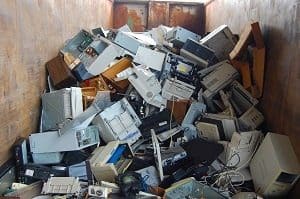

Export of e-Waste from Canada, October 10th, 2018, Basel Action Network
The release of this report by the Basel Action Network, subtitled A Story as Told by GPS Trackers, has thrown a veritable thunderbolt into the midst of the waste electrical and electronic equipment recycling industry in Canada (and beyond as these issues are not unique to any one country). Not only are current stakeholders engaging in the continued export of toxic materials to unlicensed (and unregulated) locations in developing countries, but these exports may well violate one or more laws, including national laws adopting the original Basel Convention on the Control of Transboundary Movements of Hazardous Wastes and Their Disposal.
e-Waste Monopolies and the Limits of Due Diligence
A question arises as to how manufacturers of electronics could allow their products and their industry representatives to engage in these exports long after the harmful environmental and societal impacts of such exports have come to light and addressed through international agreements. The answer lies in their proximity to the compliance activities undertaken on their behalf. In Canada, the makers of electronics are mandated to participate in a single government-approved WEEE recycling organization in each province. Decisions around this reverse supply chain are simply too remote to many in the electronics industry.
More importantly, there is too little incentive for the government designate to rigorously oversee the end-of-life compliance of the waste they transfer, as painfully demonstrated by the Export of e-Waste from Canada Basel Ban report. Instead, the organizations can rest upon the recycler qualifications and standards as due diligence and blame the bad apples when these scandals come to light. Their compliance mandate can be viewed as essentially process, not results, driven and they have little organizational risk, as the monopoly party, in whatever mischief happens thereafter. Equally, individual electronics manufacturers aren’t invested in the environmental outcomes as they are not at risk. It’s no coincidence that the report itself does not name one electronics company as culpable.
Electronics Industry Facing Coming Individual Producer Responsibility
Ironically, it is the Canadian e-Waste government designates which will lose their monopoly positions in the marketplace under the coming individual producer responsibility model (IPR) for many waste streams, including electronics. Under IPR, it will be individual producers who will assume direct responsibility for the proper resource recovery of the electronics they place on the market. These electronics companies will retain the liability for outcomes such as illegal shipments to:
“an area well documented as being a global e-waste trafficking and smuggling hub.”
The risks to the electronics industry participants become real, both regulatory and reputational, truly motivating them to ensure that their oversight role doesn’t end at a qualification program, in the same way that international brands in many other industries are increasingly scrutinizing their (front end) supply chains. Canada’s Province of Ontario will have IPR for e-Waste in 2020.
Small(er) Is Beautiful in Managing e-Waste
To conduct this kind of effective auditing and verification, electronics makers will want to stay closer to their reverse supply chains (and potentially lucrative secondary markets) through individual or smaller, market-segmented groups to best structure reverse supply chains which meet their individual or group needs. Leaving it in the hands of a single monolith entity acting on behalf of a myriad of parties, from manufacturers to retailers and everyone in between, across the broad spectrum of waste-relegated electronics and electrical equipment, will continue to prove ineffective in ensuring e-Waste compliance. It will be up to the producers themselves to finally bring these e-Waste exports to a permanent halt.
If you would like to find out more about how you can benefit from electronic waste regulatory updates, sign up to our newsletter here.

